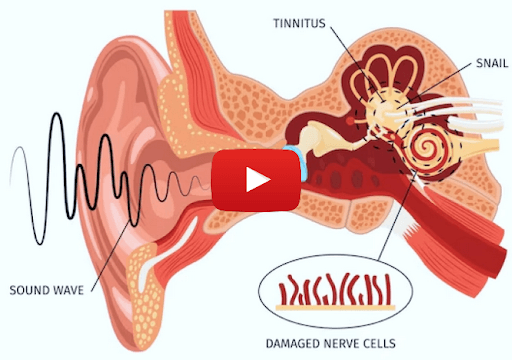The 5 Worst Carnivore Diet Mistakes Causing Weight Gain & Disease | Ben Azadi
The carnivore diet has captivated many with promises of reduced inflammation and alleviation of digestive issues. But alongside stories of healing come cautionary tales where following the diet improperly can lead to weight gain and health issues. This article unravels the five beginner mistakes frequently seen with the carnivore diet and offers guidance on avoiding them.
A common misconception about the carnivore diet is that it's strictly about high protein consumption. While protein is vital, dietary fat plays a crucial role as well.
Many fail by not consuming enough fat, leading to risks such as fatigue, hormone imbalances, and hunger. It's essential to remember that fat provides the body with necessary energy, supports hormone balance, and carries fat-soluble vitamins like A, D, and K.
The solution? Incorporate fattier cuts of meat, such as ribeye steaks and pork belly, and ensure you're getting that critical balance between proteins and fats.
Organ meats like liver, kidney, and heart are nutritional powerhouses filled with vitamins A, B12, and significant quantities of essential minerals like copper, iron, and zinc, often absent in muscle meat alone.
To combat those potential nutrient deficiencies, start by gradually introducing organ meats into your diet or consider high-quality supplements that offer the same nutritional benefits.
Combatting this requires diligent mineral and electrolyte management through high-quality supplements, salt on food, and food-rich sources, like organ meats and bone broth.
Suddenly transitioning to a carnivore lifestyle is a shock to the system leading to digestive issues, fatigue, and more. Gradual transition supports your body's dietary adaption making the shift less harsh on the gut microbiome.
Instead of diving directly into the extreme dietary change, begin with reducing processed foods, grains, and sugars gradually before fully committing to the carnivore regimen.
While full-time carnivores enjoy significant benefits, prolonged exclusion of other food sources can lead to issues like metabolism slowdowns and loss of thyroid activity.
Adopting a flexible dieting style by occasionally incorporating carbs or other food sources can remind the metabolism of new available energy, reigniting fat burning processes and avoiding potential pitfalls associated with strict long-term adherence.
"Remember, perfectly personalized approaches will outperform any strict dietary dogma," says the experienced guide.
From Around The Web
Wellness Inbox is a blog & weekly newsletter that curates trending news and products related to health and wellness from around the web. We also gather content from various sources, including leading health professionals, and deliver it directly to you.
Please note that we may receive compensation if you purchase any products featured in our newsletter. Wellness Inbox is not affiliated with, nor does it endorse, any health professionals whose content may appear in our newsletter. The information provided is for general informational purposes only and should not be considered medical advice.
The information provided is not intended to replace professional medical advice, diagnosis, or treatment. All content, including text, graphics, images, and information available is for general informational purposes only. We do not guarantee the accuracy or completeness of any information presented and assume no liability for any errors or omissions. The content is subject to change without notice. We encourage you to verify any information with other reliable sources and consult your physician regarding any medical conditions or treatments.







